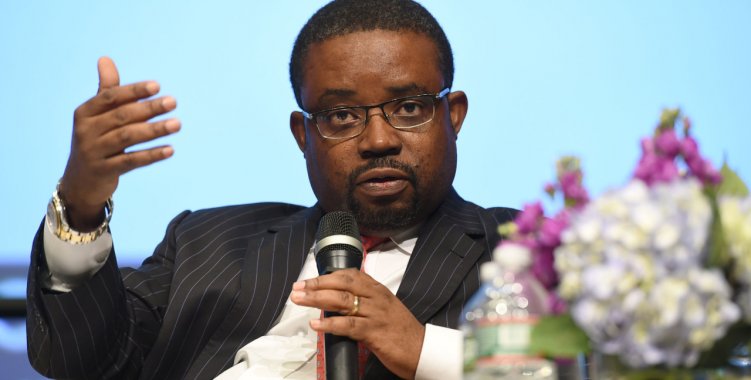“We can create a strong financial ecosystem on the continent and the African Development Bank (AfDB) can play an important role in bringing us closer together, working with governments to accelerate reforms and ensuring that we have a safe environment to deploy our resources” , said Armando Manuel, at an event on the sidelines of the ADB's annual meetings, which end this Friday in Nairobi.
“In financial terms, we see, for example, a series of pension funds on the continent with large savings. But the idea is how we can create risk mitigation instruments. For example, monetary risk mitigation instruments that can obtain these resources and distribute them”, defended the former Angolan Finance Minister and who has led the Sovereign Fund since last December.
The FSDEA was created by the Government with a net capital of 5 billion dollars from revenues from oil exports.
"We have been adopting, for almost ten years, several global strategy assets, seeking long-term growth, mostly concentrated in bonds (...). But we also have an active presence on the continent, where we invest in alternatives in sectors such as hotels, mining exploration, Information and Communication Technologies, and we are strongly concentrated in the agricultural sector”, he explained, during his participation in the ADB event on “Financing the transition in Africa in a changing global financial system”.
“For example, cash crops, animal and vegetable proteins. It makes no sense for Africa to continue importing poultry meat, when it takes 35 days to hatch a chicken, 20 days to incubate the egg, and a few hours to crush the grain for food. This is achievable and we believe that by doing so we can make a profit. But we can also create jobs for young people and support the much-needed economic transformation for the continent,” he argued.
Armando Manuel also said that the FSDEA has also invested in the health sector: “Above all, the manufacture of generic medicines and we have a huge appetite for ecological assets”.
“For example, we are currently developing a green asset comprising 53,000 hectares with the potential to scale up to 200,000 hectares. In doing so, we are not only investing in the forestry value chain, but also creating conditions to easily tap the bond market and mobilize these green bond resources, supporting economic transformation”, he further said.
He defended that the FSDEA's strategy “consists of mobilizing private capital”, in order to “strengthen” the balance sheet.
“For example, in Angola, where we put one dollar, we hope to bring two, three, four dollars from abroad. It is about establishing partnerships with asset managers, pension funds or sovereign wealth funds, investment banks”, he explained, advancing the Angolan fund’s “strong” commitment to infrastructure and the possibility of entering renewable energy. .
For Armando Manuel, in capitalizing these investments, partnership with development banks, taking the ADB as an example, is fundamental.
“Considering the comparative advantage that these institutions have in terms of knowledge. The comparative advantage they have (...) in supporting governments to accelerate reforms, to create a business environment in which we can use our resources safely,” he concluded.
The African Development Bank Group is the main African development financing institution and has been meeting since Monday in Nairobi to debate "The Transformation of Africa, the African Development Bank Group and the Reform of the Global Financial Architecture", with 3000 participants, including politicians, government officials, economists and experts from various areas, from all over the world.







